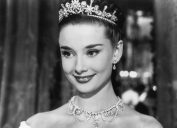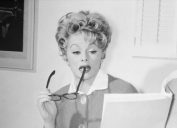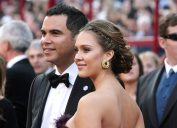Audrey Hepburn's Granddaughter Reveals the "Best-Kept Secret" About the Star
Emma Ferrer opened up about her famous grandmother's private life in a documentary.
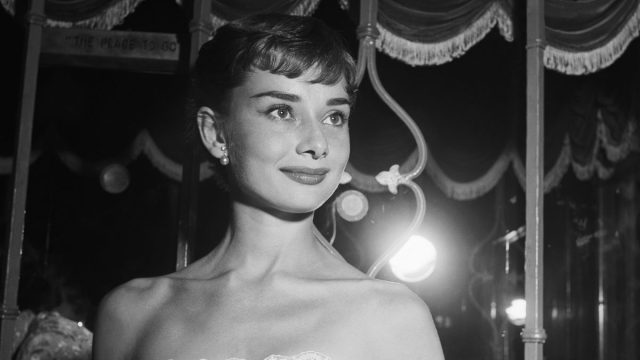
Audrey Hepburn is remembered for her many beloved film roles, her style, and her humanitarian work. But, according to her family members, being the movie star audiences adored was only a part of who she really was. The actor, who died in 1993, dealt with a great deal of pain in her early life, including struggles during World War II and her father leaving her family when Hepburn was young.
In the 2020 documentary Audrey, Hepburn's granddaughter, Emma Ferrer, was interviewed about her famous family member and shared what she views as Hepburn's "best-kept secret." Read on to find out more.
READ THIS NEXT: See Elizabeth Taylor's Lookalike Granddaughter, Who's Carrying on Her Legacy.
Hepburn had a difficult childhood.
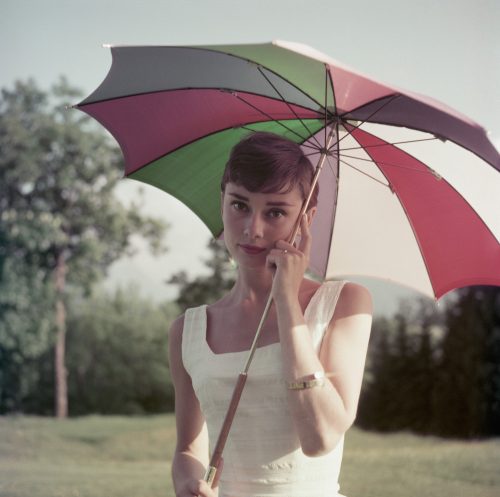
Hepburn went through two major events when she was young that shaped the rest of her life. First, her father left her and her mother when she was six years old. Then, around age 11, The Netherlands, where she lived at the time, became occupied by Germany during World War II. During this time, Hepburn suffered from malnourishment.
"The reason for her slenderness was because from the time she was nine to 16, during World War II, she was extremely malnourished," her son Luca Dotti, with second husband Andrea Dotti, told People in 2015. "The time she most needed nourishment, she didn't have enough food."
Ferrer said Hepburn kept part of her life secret as her fame grew.
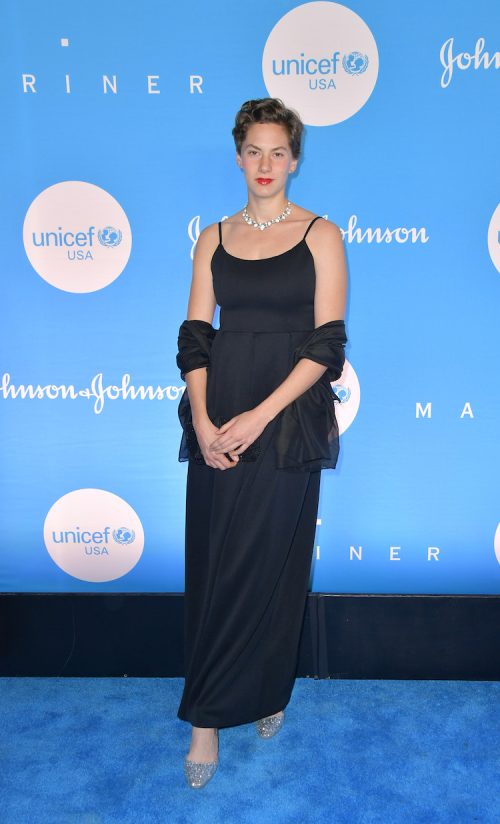
In the documentary Audrey, Ferrer said of her grandmother (via The Observer), "The best-kept secret about Audrey was that she was sad."
Ferrer, 28, never met her grandmother, because she was born one year after her death, but she has heard memories and stories shared by her family. Her father, Sean Hepburn Ferrer—who Hepburn welcomed with first husband Mel Ferrer—is also interviewed in the film.
For more celebrity news delivered right to your inbox, sign up for our daily newsletter.
Hepburn opened up more in her later years.
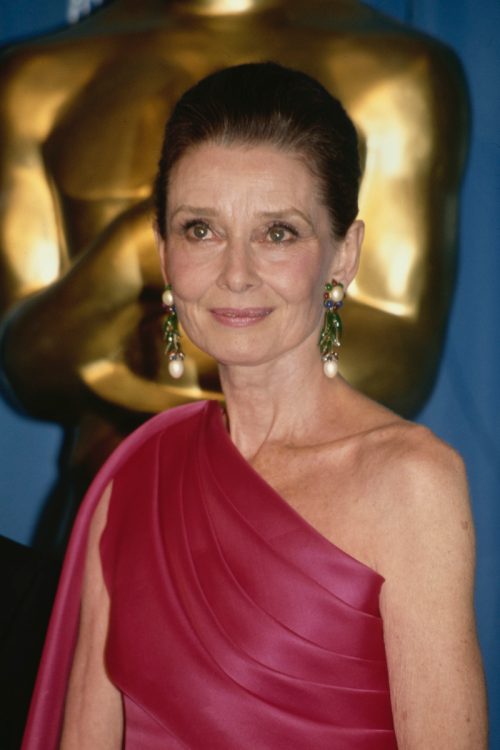
Hepburn was very private, but she reflected on the struggles of her youth in a 1992 interview with Life that is featured in Audrey.
"[My father leaving] was the first big blow I had as a child, it was a trauma that left a very big mark on me, it left me insecure for life," Hepburn explained (via The Observer). "He disappeared one day, mother explained he had gone away on a trip and was not coming back. Mother wouldn't stop crying, I would just try and be with her but as a child you can't quite understand."
She also said in a clip shown in the movie, "The feeling of family is terribly important. Having my father cut off, or he cut himself off, was desperate. If I could have just seen him regularly, I would have felt he loved me and I would have had a father … I tried desperately to avoid it for my children. You become very insecure about affection and terribly grateful for it and you have an enormous desire to give it."
Helena Coan, the director of the documentary, told The Observer, "[Hepburn] suffered massively with insecurities about her looks and with men, and to hear her link them to her relationship with her father and her deep abandonment issues, to hear those intimate details was so strange. It was such a twist for someone who had always been so private."
Ferrer is inspired by how her grandmother dealt with her pain.
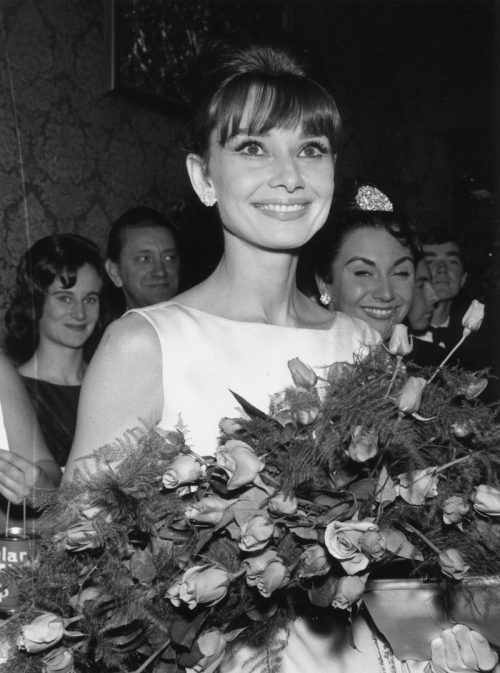
Ferrer also opened up about Hepburn and her legacy in a 2021 interview with Harper's Bazaar.
"There's a really sort of intrinsic aspect about the experience of a woman that I witnessed in the film," Ferrer said of the documentary. "What it means for her father to leave at such a young age and the way that she kind of tries to fill this role later on with men throughout her life and a series of failed relationships and what it means to have a failed pregnancy and miscarriage. These are things that now are entering more into the public realm and into the conversation right now. But at the time, definitely weren't."
She concluded of the film, "I really think that the message to take away from this is Audrey took pain and turned it into something really revolutionary. A lot of other people in her situation would have kind of just tried to numb that pain."
Ferrer, who has worked with UNICEF to support children just like her grandmother did, added, "She really used the empathy that derived from that pain to turn around. She had the opportunity to make a big difference, because she was a big person, she was a big figure. But I still think that the impetus of using that empathy to really make a difference was so revolutionary for her time."
